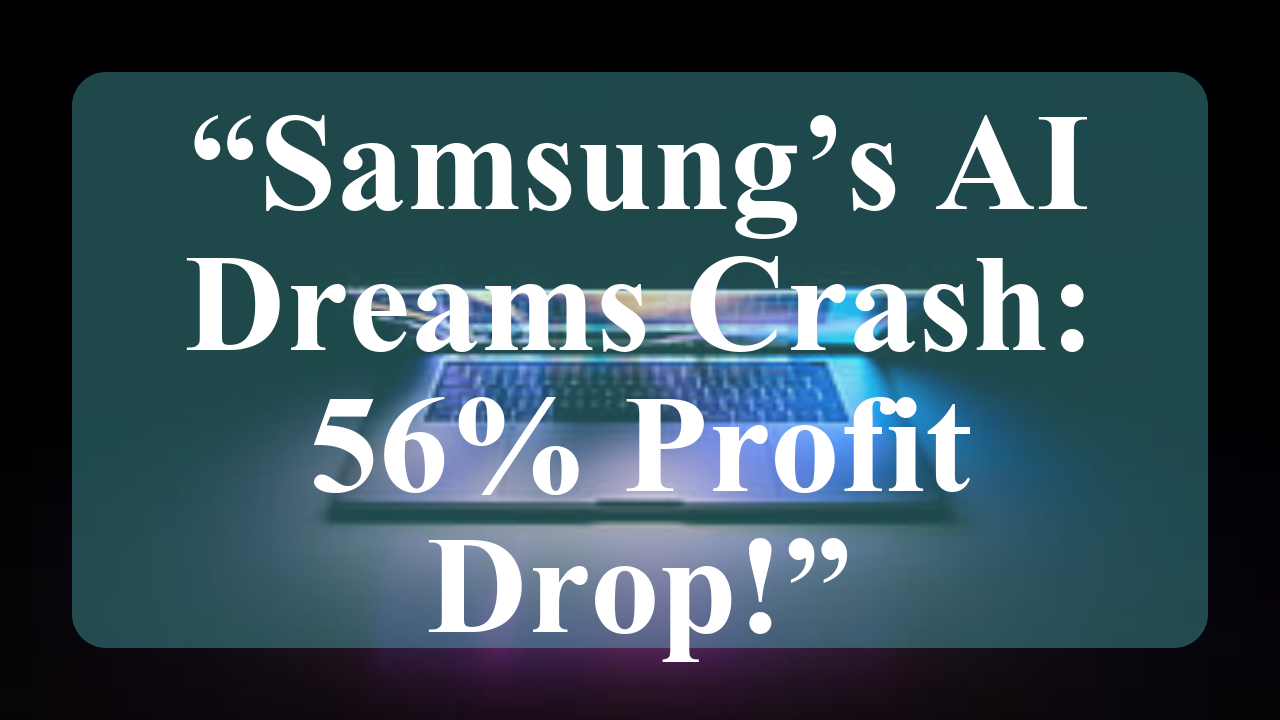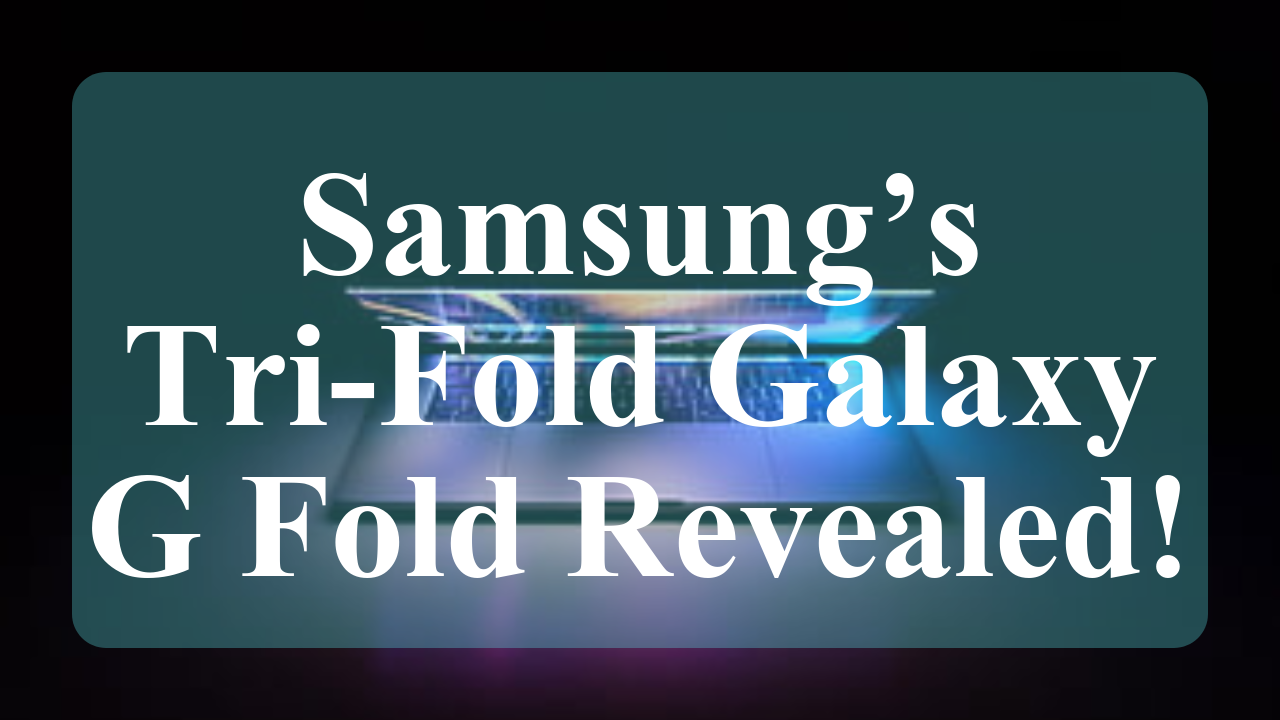“Samsung Electronics faces a steep 56% drop in Q2 2025 operating profit, driven by weak AI chip demand, U.S. export curbs on China, and delays in supplying Nvidia’s HBM chips. The tech giant’s semiconductor struggles deepen, with revenue flat at ₩74 trillion, raising concerns over its AI ambitions.”
Samsung’s Semiconductor Slump: AI Dreams Hit by Profit Decline
Sharp Profit Decline:
Samsung Electronics reported a 56% plunge in Q2 2025 operating profit, estimating ₩4.58 trillion (~$3.4 billion) for April-June, down from ₩$10.44 trillion won in Q2 2024. This marks the company’s first profit decline since Q2 2023, missing analyst expectations of ₩6.23 trillion. The drop was primarily driven by its semiconductor division, critical to its AI chip market ambitions in AI.
AI Chip Sales Woes:
The weak demand for AI chips, coupled with delays in supplying high-bandwidth memory (HBM) chips to Nvidia, hurt Samsung’s performance. Unlike Samsung’s HBM, Samsung’s HBM, its 12-layer HBM3E chips have yet to pass Nvidia’s quality tests, allowing competitors like SK Hynix and Samsung’s Micron Technology to gain market share.
U.S. Trade Curbs Impact:
U.S. export restrictions on advanced AI chips to China forced Samsung to write down inventory, further impacting profitability. The non-memory business saw earnings decline due to sales restrictions and low utilization rates in its foundry operations, with an estimated $3 billion in Q2.
Revenue Stagnation:
Samsung’s revenue remained flat at ₩74 trillion (~$54 billion), a 0.1% year-over-year dip year-on-year and a 5% drop from Q1 2025’s Q1 ₩2025’s 79.14 trillion won. The semiconductor division posted a profit of ₩2.7 trillion won, improved from Q1 Q1 but lower than Q2 2024’s 2024’s ₩6.5 trillion won.
Competitive Challenges:
Samsung faces stiff competition in the AI chip market, with rivals like TSMC dominating advanced chip manufacturing and SK Hynix leading in HBM supply chains. Reports suggest Samsung struggles with low foundry yields, failing to attract major clients for its advanced processes.
Outlook and Expectations:
Despite the setbacks, Samsung anticipates a Q3 recovery driven by memory chip sales rebounds in memory chips. The company aims to improve HBM quality to secure Nvidia’s certification and diversify its AI chip portfolio. However, analysts remain cautious about its ability to compete in the fast-evolving AI market.
Market Reaction:
Samsung’s shares fell 1.13% in early trading on July 8, 2025, reflecting investor concerns over its semiconductor struggles. The profit miss deepened skepticism about Samsung’s ability to capitalize on the AI boom, a key pillar of its growth strategy.
Disclaimer: This article is based on reports from Reuters, The Hindu, Times of India, and other publicly available sources. The data and projections are accurate as of July 8, 2025, and may be subject to change. Always verify financial information before making investment decisions.




